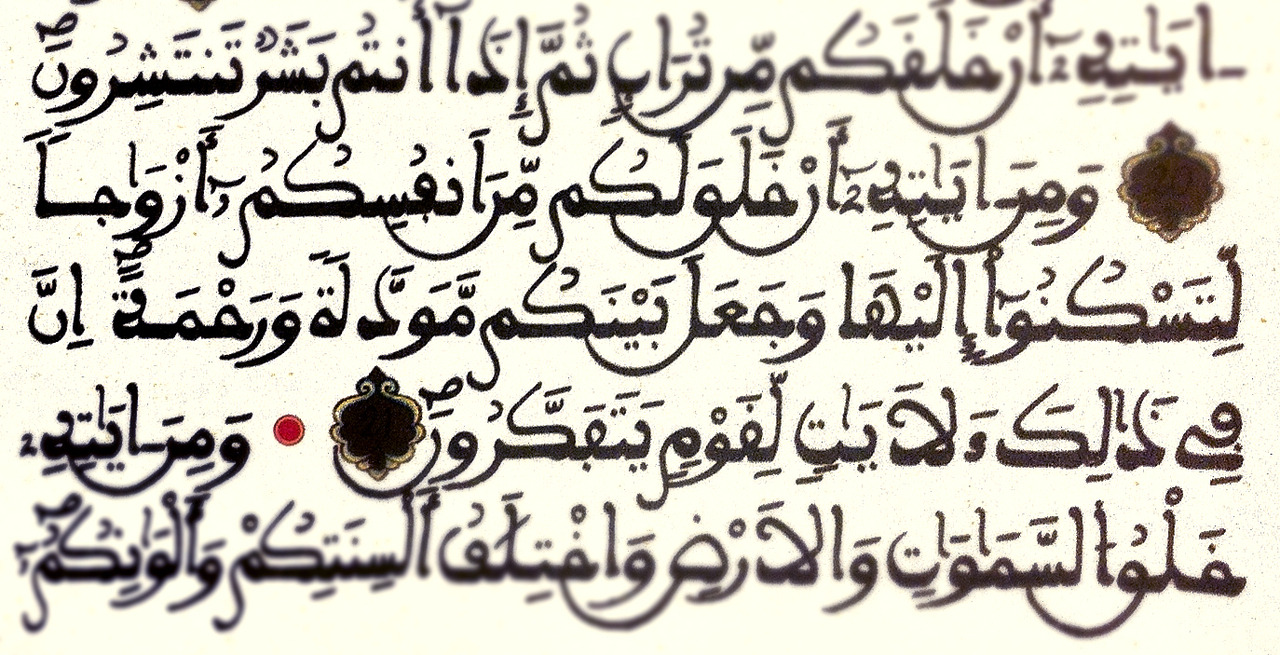Bismillah.
Narrated Ibn Abbas:
Thy Prophet sent Muadh to Yemen and said, "Invite the people to testify that none has the right to be worshipped but Allah and I am Allah's Apostle, and if they obey you to do so, then teach them that Allah has enjoined on them five prayers in every day and night (in twenty-four hours), and if they obey you to do so, then teach them that Allah has made it obligatory for them to pay the Zakat from their property and it is to be taken from the wealthy among them and given to the poor."
Narrated Abu Aiyub:
A man said to the Prophet "Tell me of such a deed as will make me enter Paradise." The people said, "What is the matter with him? What is the matter with him?" The Prophet said, "He has something to ask. (What he needs greatly) The Prophet said: (In order to enter Paradise) you should worship Allah and do not ascribe any partners to Him, offer prayer perfectly, pay the Zakat and keep good relations with your Kith and kin." (See Hadith No. 12, Vol 8).
Narrated Abu Huraira:
A Bedouin came to the Prophet and said, "Tell me of such a deed as will make me enter Paradise, if I do it." The Prophet (p.b.u.h) said, "Worship Allah, and worship none along with Him, offer the (five) prescribed compulsory prayers perfectly, pay the compulsory Zakat, and fast the month of Ramadan." The Bedouin said, "By Him, in Whose Hands my life is, I will not do more than this." When he (the Bedouin) left, the Prophet said, "Whoever likes to see a man of Paradise, then he may look at this man."
Narrated Abu Zur'a:
from the Prophet the same as above.
Narrated Ibn Abbas:
A delegation of the tribe of 'Abdul Qais came to the Prophet and said, "O Allah's Apostle! We are from the tribe of Rabi'a, and the infidels of the tribe of Mudar stands between us and you; so we cannot come to you except during the Sacred Months. Please order us to do something (religious deeds) which we may carry out and also invite to it our people whom we have left behind." The Prophet said, "I order you to do four things and forbid you four others: (I order you) to have faith in Allah, and confess that none has the right to be worshipped but Allah, (and the Prophet gestured with his hand like this (i.e. one knot) and to offer prayers perfectly and to pay the Zakat, and to pay one-fifth of the booty in Allah's Cause. And I forbid you to use Dubba', Hantam, Naqir and Muzaffat (all these are the names of utensils used for preparing alcoholic drinks)."
Narrated Abu Huraira:
When Allah's Apostle died and Abu Bakr became the caliph some Arabs renegade (reverted to disbelief) (Abu Bakr decided to declare war against them), 'Umar, said to Abu Bakr, "How can you fight with these people although Allah's Apostle said, 'I have been ordered (by Allah) to fight the people till they say: "None has the right to be worshipped but Allah, and whoever said it then he will save his life and property from me except on trespassing the law (rights and conditions for which he will be punished justly), and his accounts will be with Allah.' " Abu Bakr said, "By Allah! I will fight those who differentiate between the prayer and the Zakat as Zakat is the compulsory right to be taken from the property (according to Allah's orders) By Allah! If they refuse to pay me even a she-kid which they used to pay at the time of Allah's Apostle . I would fight with them for withholding it" Then 'Umar said, "By Allah, it was nothing, but Allah opened Abu Bakr's chest towards the decision (to fight) and I came to know that his decision was right."
Here's what I think.. The five pillars of Islam [testimony of faith, prayer, charity, fasting, pilgrimage] are the most essential parts of the Deen. YET, a person fulfilling all these duties is doing only the bare minimum, only that which will be sufficient to help him enter Paradise (if Allah wills). So there's a lot more to our Deen. Keep exploring it!
Kitaab-ul-Janaa'iz [Book of Funerals] ends here. Alhamdulillah.









